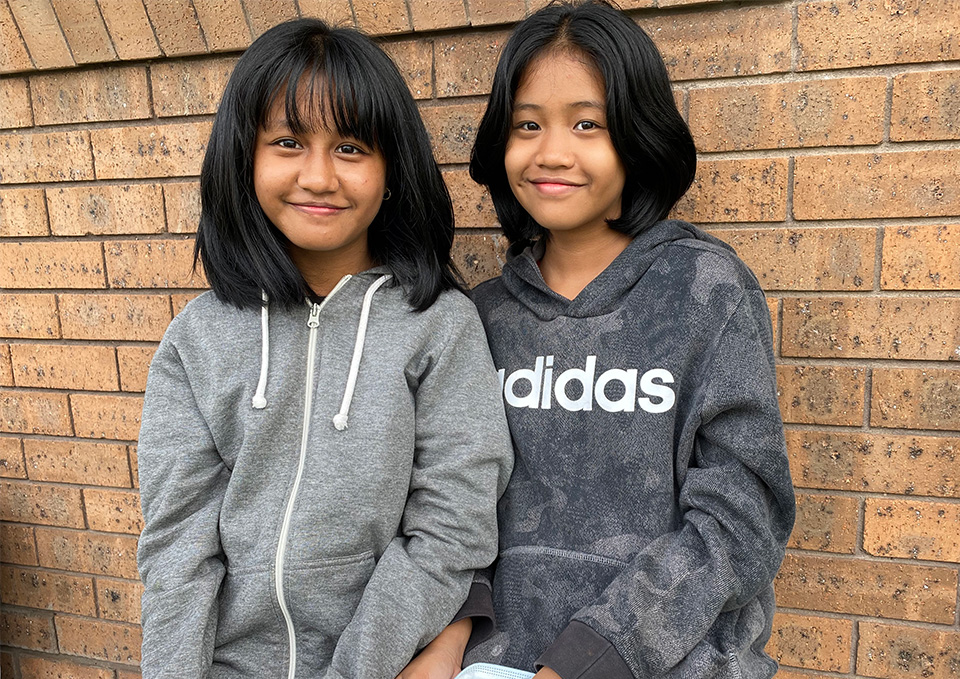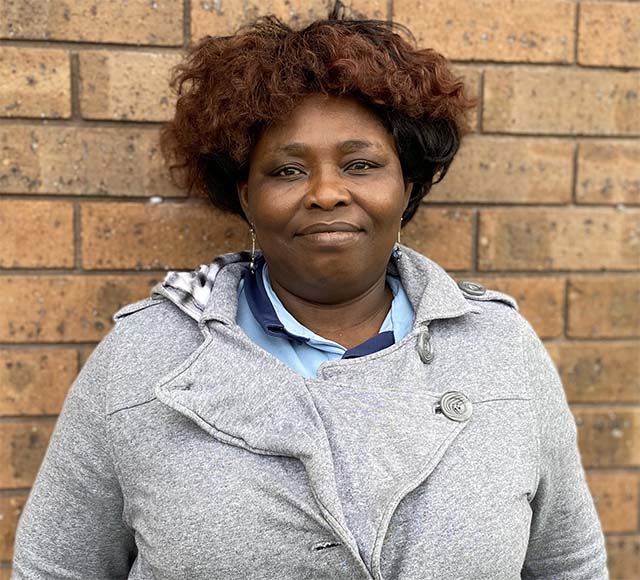Health staff from local services share the barriers and enablers to establish a regional refugee health service in NSW.
Key considerations for current refugee health services include:
- funding models
- staffing
- physical environment
- community culture
- access to specialists, primary care providers, and transport for patients and carers.
Enablers
- Develop strong relationships with settlement providers, primary health, allied health and community health partners to ensure an all-of-health response and to address local challenges.
- Establish a memorandum of understanding or agreement with key agencies and settlement service providers to identify clear roles and responsibilities to meet common outcomes.
- The local health district (LHD) executive team provides active sponsorship, leadership and governance over the service.
- Identify health system champions to ensure staff feel supported to manage their clinical case load, with clear lines for management to address local system challenges.
- Enhance knowledge sharing with community health partners who have a shared understanding of the health needs of people from refugee backgrounds. For example, share referrals to local optometrists who may provide free optical healthcare due to agreed contracts with a health service to ensure there are no out-of-pocket expenses for the client.
- Facilitate home visits to enable nursing staff to assess the home environment, identify potential domestic issues or opportunities that could impact care. House visits generally occur between two and four weeks of the arrival of the new cohort. This delay allows settlement services, housing, education and Centrelink to begin their services. Clients with complex needs may be seen sooner.
- Allocate physical space to assess clients in a friendly, warm and engaging atmosphere that has cultural significance. For example, display artworks and photographs of community members.
- Facilitate access to immigration information to inform local health staff of the number of new arrivals, demographics and cultural needs to support local service planning.
- Where possible, establish a multidisciplinary team, including a social worker, physiotherapist and occupational therapist. The teams should have a shared understanding of the clinical needs for refugee communities. This will enhance the breadth of care by providing holistic and specialised care. Multidisciplinary teams depend on funding, staff availability and chief executive support.
- Use clinical assessment templates that are designed to ensure assessment is streamlined and tailored to the needs of newly-arrived refugee communities.
- Provide training that is relevant to emerging diseases and health conditions specific to the refugee community. Ensure it is completed and attended consistently. This can depend on the needs of staff, but is important when new staff join the refugee team.
- Ensure wellbeing resources, training and support services are readily available to protect and promote healthy working environments.
Staffing and skills required
When setting up a refugee health service, staff with the following skills and credentials should be considered:
- Administration or clerical staff
- Clinical nurse consultants
- A paediatric specialist (children make up nearly 50% of Australia’s humanitarian intake*)
- A team of general practitioners (GPs) for ongoing care
- Social workers
- A multicultural liaison service
- Bicultural workers to provide insight into community needs or lived experience
- Occupational therapists to help manage applications for the National Disability Insurance Scheme (NDIS)

Barriers
Staff from established refugee health services identified the following barriers to delivering effective healthcare to people from refugee backgrounds. They also recommend strategies to overcome these challenges.
| Barrier | Strategies |
|---|---|
Limited access to healthcare interpreters in appropriate and emerging languages, especially for minority groups. Interpreters not always used in GP or specialist settings. |
|
| Lack of free access to specialist care for some clients. |
|
| Fluctuations in settlement numbers creating challenges in funding, recruitment and retention of experienced staff. |
|
Refugee cohorts with high healthcare needs settling in regional areas that have limited access to specialist healthcare services. Limited access to transport for specialist appointments or out-of-area care, including tertiary hospitals and the Sydney Children’s Hospital Network. |
|
| Completing NDIS applications and wait times to use disability service providers. |
|
Violence, abuse and neglect within the community may inhibit access to clinical care. The notion of abuse may not be understood culturally, in language or through translation. Safety fears for a client and their family, and challenges around reporting. |
|
| Access to early childhood programs for those born overseas, as they don’t get a 'Blue book' or enter early childhood programs, compared with children born in Australia. |
|
Inconsistent engagement with GPs across regional settings, due to workforce constraints and areas of specialty or interest. Some practices have long wait times due to supply and demand issues. |
|
| Some refugee cohorts or community members move, often to other settlement areas. This is referred to as secondary settlement. |
|
| Stigma associated with accessing mental health services based on cultural beliefs. |
|
| Health staff working beyond their contractual obligations to address the needs of the community. |
|
| Clients missing specialist appointments because reminders are not in their language or interpreters are not used. |
|
| Turnover of health staff due to managing high caseloads and challenges supporting clients with high needs. |
|
| Misunderstanding cultural considerations when caring for certain community groups. |
|
| Some patients are surprised by wait times to access specialists. |
|
Some people arrive in Australia without medications for chronic illnesses, such as diabetes. Others can arrive dependent on illicit drugs that were readily available in refugee camps or their country of origin. This can create complexities for initial treatment and ongoing healthcare. |
|
| Communities are not always engaged in the planning process, service design or improvement to service delivery. |
|

David's story: barriers for people with complex needs
David was born in 2006 in Iraq. His family is of Yazidi ethnicity.
David’s father and siblings (other than one sister) were taken by ISIS in 2014 and were presumed dead.
In March 2019, David, his mother and 19-year-old sister settled in Coffs Harbour, NSW. They had family members already living in Coffs Harbour, but they had settlement and health problems of their own and could not support the family.
David was diagnosed with Duchenne muscular dystrophy (DMD) in Iraq. He uses a manual wheelchair and relies on his mother for all his daily activities. In July 2019, several appointments were organised at John Hunter Hospital (JHH) with multiple specialists to optimise David’s visit.
An inter-hospital transfer was declined due to cost. There are no direct flights between Newcastle and Coffs Harbour. Passengers need to fly to Sydney then back to Newcastle. Flights were organised but the airline refused to book them due to the mother and son’s inability to speak English. The airline said they must travel with a bilingual guide. Mid North Coast Local Health District employed a bilingual worker to escort the family to JHH.
They left Coffs Harbour at 10am on 22 July and did not return at until late afternoon on 25 July. This included more than 10 hours of travel time across three days.
The family was assisted to and from the airport in Coffs Harbour by their case worker from Settlement Services International (SSI). In Newcastle, they were picked up by a clinical nurse consultant connected with one of David's specialist services.
The long journey was exhausting and stressful for David’s mother who had to support David for all his daily needs. It was also expensive. Public health had to pay for the bilingual guide, flights, accommodation, food and a wage for three days.
The logistics of the trip were extensive. Nursing staff and social workers from both Coffs Harbour and John Hunter Hospitals spent many hours liaising with SSI, the patient and mother using interpreters.
Fortunately, this year, David’s NDIS package has been put in place so his most recent visit to JHH involved a support worker driving him and his mother to Newcastle. This was a far more comfortable journey for the family.
In July 2022, David's family received news that four siblings had been found alive. It is hoped they can relocate to Australia soon.
* Australian Refugee Health Practice Guide. Children.